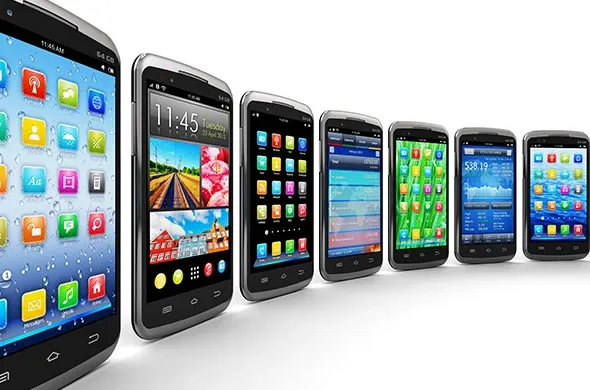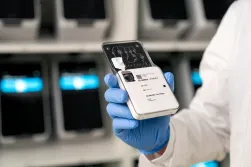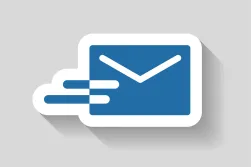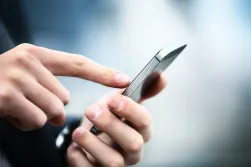Just over two years after leaving Google, creator of the Android operating system Andy Rubin is preparing to take on the smartphone industry he helped create, according to BLoomberg. Rubin is planning to marry his background in software with artificial intelligence in a risky business: consumer hardware.
Armed with about a 40-person team, filled with recruits from Apple and Google, Rubin is preparing to announce a new company called Essential and serve as its CEO, according to people familiar with the matter. A platform company designed to tie multiple devices together, Essential, is working on a suite of consumer hardware products, including ones for the mobile and smart home markets, one of the people said. The centerpiece of the system is a high-end smartphone with a large edge-to-edge screen that lacks a surrounding bezel.
At CES in Las Vegas Rubin discussed the smartphone with mobile carrier executives, including some from Sprint, people familiar with the talks said. Rubin registered Essential Products Inc. with California regulators in November 2015. In late 2016, the company registered "Essential" with the U.S. Patent and Trademark Office, listing smartphones, tablets, accessories and "computer operating software for mobile phones" among its goods and services. It's unclear if the devices will run on software based on Android.
While still in the prototyping stage, Rubin's phone is aimed at the top of the market where Apple 's iPhone and Alphabet's new Pixel reside. It's expected to include high-end materials and the ability to gain new hardware features over time, the people said. Representatives for Rubin and Sprint declined to comment.
Rubin sold Android to Google in 2005. He spent eight years at its helm at Google, turning the operating system from a tiny project into the globe's most dominant software for running mobile devices. In 2013, he stepped down from Android to form Google's robotics unit before leaving altogether in 2014. Rubin's next venture was a startup incubator called Playground Global, which backs artificial intelligence, robotics, and augmented reality projects.
Rubin is convinced AI is the next big change to ripple through the technology industry. "New computing platforms happen every 10 to 12 years," he said at the Bloomberg Technology Conference in June. "What’s the next platform? It’s about data and people training AI systems to learn.



















